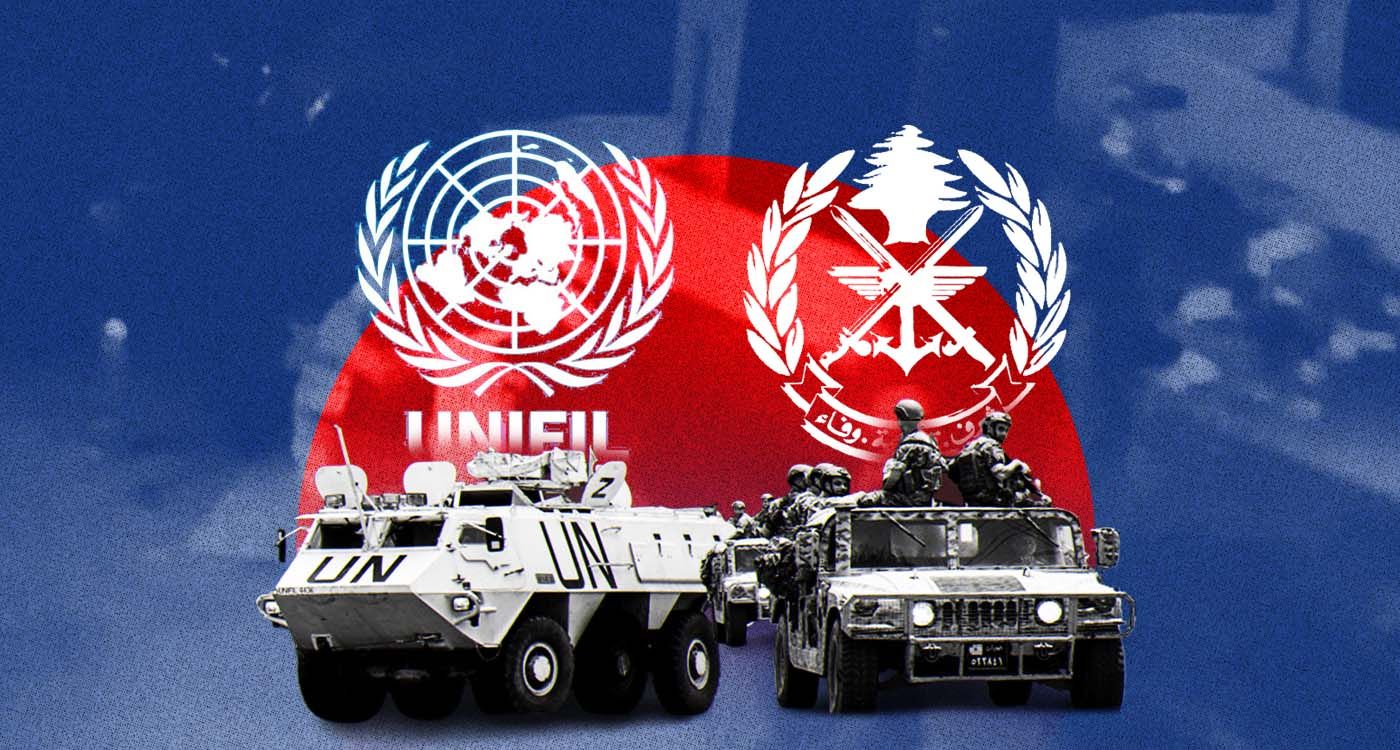
The campaign against Army Chief General Joseph Aoun and the Lebanese Army has intensified, particularly among Hezbollah supporters and some of its political leaders. The recent Israeli raid on Batroun, which led to the abduction of Imad Amhaz, has provided further grounds for these groups to criticize the army, claiming it is unable to protect Lebanon.
This campaign against the Lebanese Army and its leadership seems anything but random; rather, it appears strategically aimed at weakening the army, a central pillar in enforcing Resolution 1701. Analysts suggest Hezbollah opposes implementing Resolution 1701 but cannot openly admit this, especially since House Speaker and Amal Movement leader Nabih Berri continues to affirm his commitment to the resolution. Meanwhile, Hezbollah appears intent on weakening the army’s leadership, as indicated by the current reluctance to extend General Joseph Aoun’s term, which is set to expire on January 10. There is also no sign that the war will end by then, nor that a president will be elected or a new government formed to appoint a new army commander.
There is mounting concern among various parties that a leadership vacuum in the position of army commander, along with an ensuing political struggle over who would steer the army during this period, could lead to a breakdown in command and control. This scenario could hinder the army’s ability to maintain security along the borders and internally, exposing Lebanon to multiple threats. Such instability would likely impair the army’s ability to implement Resolution 1701 and could even prompt several countries, led by the United States, to reconsider their financial and military support. Some in Lebanon may use this as grounds to argue that the prevailing chaos prevents any effective implementation of Resolution 1701.
Moreover, this campaign also extends to the United Nations Interim Force in Lebanon (UNIFIL), the second pillar of Resolution 1701, focusing on the naval unit, especially the German contingent. Accusations have emerged, suggesting that they facilitated the recent raid and abduction in Batroun. However, it is important to note that the Germans are not the only contributors to the international naval force, which consists of five ships from various countries. Furthermore, UNIFIL’s naval forces are tasked with assisting the Lebanese Army in inspecting any vessels flagged by Lebanon as suspicious; they lack the authority to intercept ships independently in Lebanese territorial waters.
In this context, official UN statements regarding the naval force emphasize its role in supporting the Lebanese Navy’s monitoring of territorial waters and preventing unauthorized weapons and equipment from entering the area.
The Israeli military, which has successfully targeted Iranian air defenses and strategic missile production sites in Iran, could conduct landing operations in Lebanon, bypassing Lebanese defenses, particularly maritime radars. This is especially concerning since the landing occurred in an area without military operations or heightened alert, far from combat lines and not deemed a threat by Israel.
This area is known for being touristic and calm, reducing the need for the presence of UNIFIL naval forces or the Lebanese Navy, unlike many other Lebanese coastal areas.




Comments